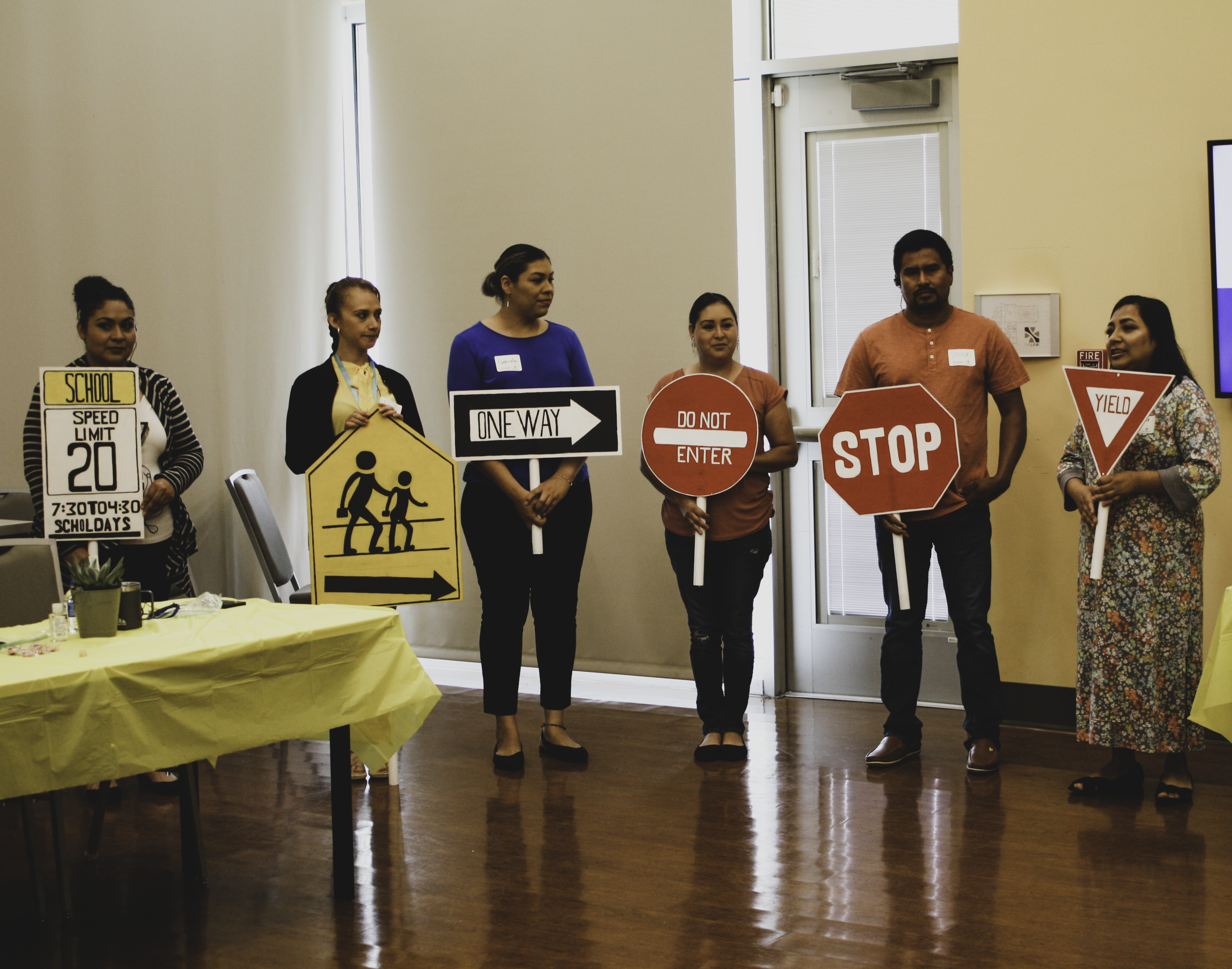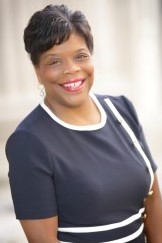At the Heart of Family Learning: Families leading and learning through service
November is National Family Literacy Month, and NCFL has been sharing resources in family literacy throughout the month in a variety of ways, including on social media. We hope you’ve found these resources useful. We also recently celebrated Kentucky Family Engagement in Education Week, with our partner organizations (a.k.a. Kentucky Collaborative for Families and Schools) in the Kentucky Statewide Family Engagement Center.
Last week marked one more significant celebration, recognized by our U.S. Congress, and it is the focus of my blog post this month: National Family Service Learning Week.
_8.jpg)
Developed by NCFL in 2013, Family Service Learning is a research-based learning process in which families identify problems within their own communities and carry out service projects to address them. The projects are researched, co-designed, and implemented by families in their own communities.
On November 14th, Representative John Yarmuth (D-KY) introduced a Congressional resolution that designated November 14-18, 2022, as National Family Service Learning Week. This is the 7th consecutive year the week has been recognized, attesting to the value and importance of creating learning opportunities that extend beyond school walls and are grounded in real-life issues of inequity.
Family Service Learning is embedded into NCFL programming as a vehicle for families to explore their strengths and develop or sharpen skills in leadership, advocacy, and employability. Throughout the process, families envision solutions to community issues, conduct root-cause analysis, and establish and sustain new community partnerships. Because projects are driven by challenges that are unique to each community, Family Service Learning can be used to address a variety of issues, large and small.
For the families participating in the student advocate group at Briya Public Charter School in Washington, DC during the height of the pandemic, the issue they worked to address was rooted in the exclusion of workers from receiving unemployment insurance or federal stimulus checks due to eligibility requirements. To spread awareness of the issue and amplify their message, participants utilized #DontExcludeMe and #NoMeExcluyas on social media. They met with their local government leaders and joined forces with a coalition of organizations in the city to advocate for cash assistance. Because of these efforts, the DC City Council allocated $14M to support individuals. Through this project, participants had opportunities to develop workforce skills such as organizing and communicating effectively, as well as technology and language skills.
Parenting adults participating in the Tarrant County (Texas) Activate! Local family leadership program chose to improve challenges regarding pedestrian safety for their school. Participants were concerned for the safety of their children walking to and from school due to the lack of traffic signals and accountability for incautious drivers. The group worked to develop a model process of making the school’s surrounding area safer for pedestrians, with the intention of applying the model to other schools in their district. The photo below shows the group presenting their project to a funder.

As a result of their project, the group was connected to leaders in their local district who are working to create safer streets. The group plans to continue partnering with the district to hold them accountable and make their voices heard to ensure ongoing safety for their children and others.
My last example comes from Chief Leschi School in Puyallup, Washington. Watch this video to learn how they’ve incorporated Family Service Learning through multiple ways in their family literacy program:
At NCFL, we envision a future where children and families work alongside community partners to address inequities as well as create more equitable decision-making and practices within their communities. Family Service Learning is foundational to NCFL’s model programming because it helps parenting adults to gain literacy, technology, and communication skills while building social capital and deepening their community connections. When parenting adults grow their leadership capacity and become drivers of change in their neighborhoods, communities are elevated by their influence and ultimately thrive.
Readers interested in joining NCFL’s 60×30 Vision, which involves learning how to incorporate Family Service Learning into their communities, are encouraged to reach out to info@familieslearning.org.
Lastly, NCFL is gearing up for our final event of the 2022 Families Learning Conference, held December 2nd in Phoenix, where our staff and community partners will explore what family learning looks like in different pathways and programming. This Friday, November 25th, is the last day to register—we hope to see many NCFL advocates, ambassadors, and champions there!
ABOUT THE AUTHOR

A lifelong educator and national thought leader for teaching and learning, Dr. Felicia C. Smith brings decades of valuable experience to advance NCFL’s mission of working to eradicate poverty through education solutions for families. Having served in a variety of leadership roles in P-12, higher education, nonprofit, and philanthropy, her career has allowed her to experience leading systems and develop a unique vantage point of a learner’s educational trajectory from preschool to adulthood. Smith holds an Ed.D. in education leadership and administration from the University of Kentucky, and an M.A. in elementary education with an emphasis on K-12 literacy development and B.S. in elementary education from the University of Louisville.
Follow Dr. Felicia C. Smith on Twitter and LinkedIn.
Related: Service-learning model for families receives Congressional Resolution